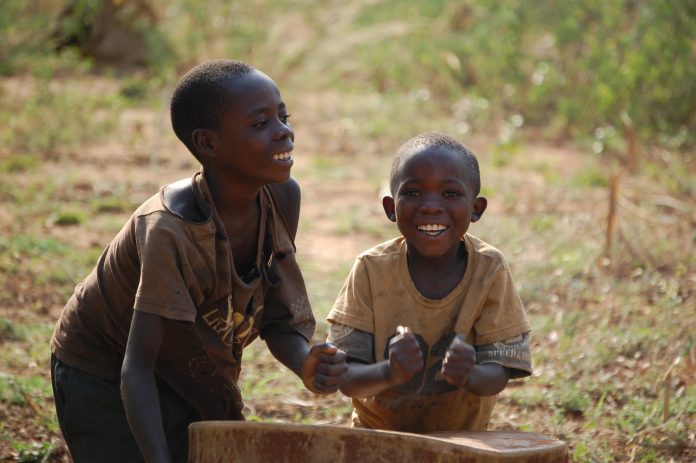Global entertainer, Beyoncé, has teamed up with UNICEF through her BeyGOOD philanthropic arm to launch BEYGOOD4BURUNDI, a multi-year partnership to provide safe water to children in Burundi.
The partnership will support programmes to improve water, sanitation and basic hygiene practices in the hardest-to-reach areas of the landlocked East African nation, where nearly half the population has no access to safe water.
“Access to water is a fundamental right,” she said. “When you give children clean and safe water, you don’t just give them life, you give them health, an education, and a brighter future. I am committed to helping drive lasting solutions to the water crisis in Burundi.”
The first phase of the partnership includes the construction of new wells, to avoid children having to walk kilometres searching for wells and missing out on school. The new wells will be equipped with hand pumps, hygiene education and the improvement of water and sanitation facilities in schools in four priority regions, including Bukemba and Giharo in Rutana Province and Kinyinya and Nyabitsinda in Ruyigui Province.
According to UNICEF, children in these rural communities are chronically malnourished and more than 65 percent of the population is using unsafe water sources. Children and families have to walk long distances to water collection points, and even then the water access rate is extremely low.
“Addressing the global water crisis is one of the defining challenges of our time, and the children of Burundi are among the most vulnerable,” said Caryl Stern, President and CEO of UNICEF USA. “This unique partnership combines UNICEF’s decades of expertise in providing clean water to children in Burundi and around the world with the power and influence of the entertainment world to bring about social change. We are grateful to Beyoncé and BeyGOOD for joining forces with UNICEF, to highlight this critical issue to new audiences.”







